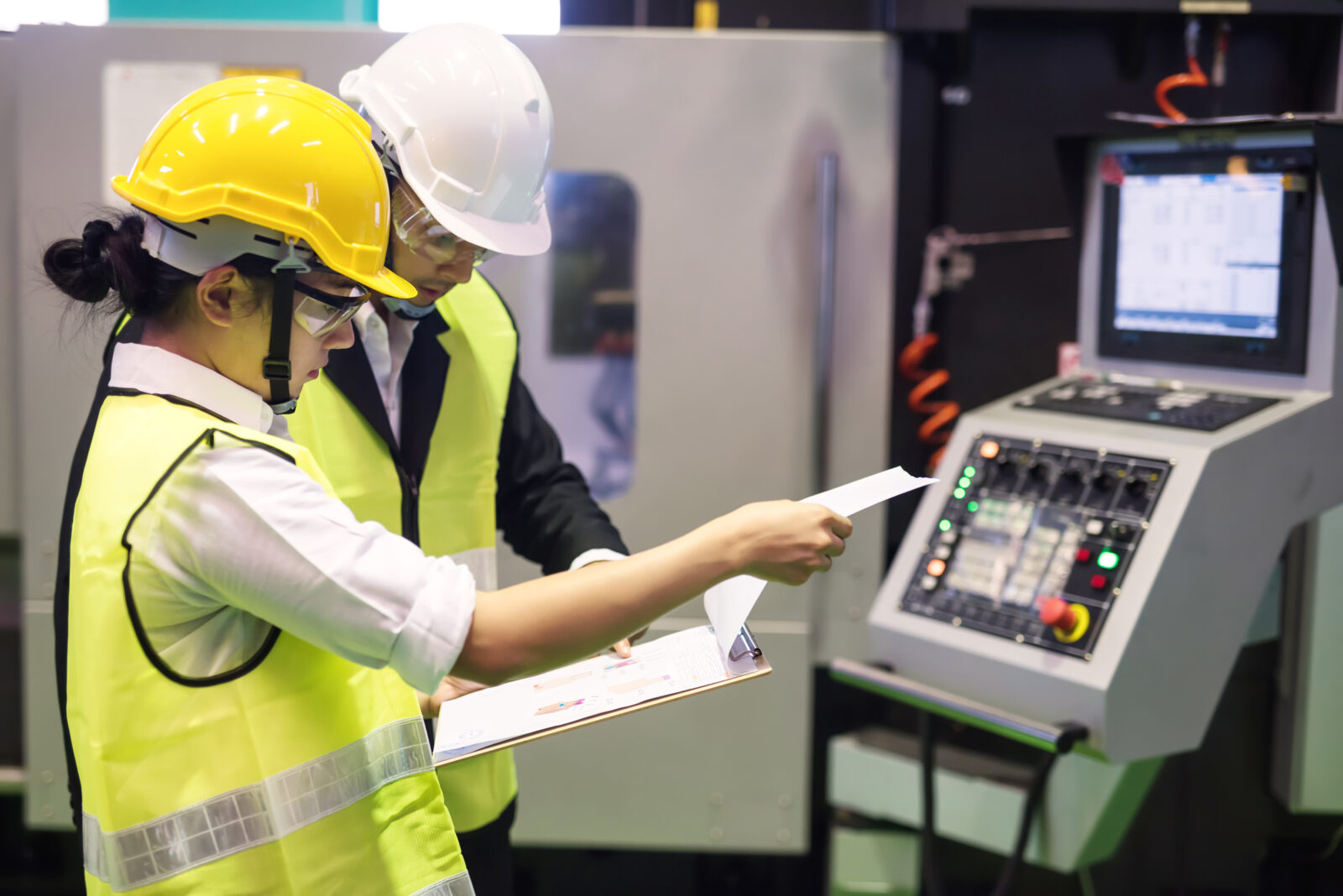Commissioning is a vital step near the end of a plant’s construction, its purpose to hand over a safe, efficient and operation-ready facility to the owner. It is the planned coordination and execution of the final stages of construction and the beginning of production.
Is your Plant ready?
A detailed, systematic commissioning plan can reduce the overall time between completion of construction and the start of facility operations, and verify that the equipment and systems installed meet the design intent.
It’s important to note that there is no clear definition as to when construction ends and commissioning begins, and no exact time when commissioning ends and operations take over.
Commissioning typically falls within three steps:
1. Pre-commissioning: This stage involves activities that occur during the final stages of construction, including pre-functional test (PFT) inspections; end-of-construction punch lists and check sheets; factory and site acceptance testing of control systems; instrument loop checks and more.
2. Commissioning: Sometimes referred to as “cold” commissioning, this second step (in the case of a chemical plant) involves running and testing the process without adding the chemicals or hazardous materials. For building commissioning systems, this step can include pre-functional testing of complete building systems, pre-commissioning focusing on equipment, and commissioning focusing on the system.
Depending on the complexity of the project, commissioning can be executed on individual systems, groups of systems or even partial systems. The commissioning timeline is a function of construction progress, and a commissioning team may be required to modify system commissioning as systems reach construction completion.
Cold commissioning is typically executed by the owner with support provided by the commissioning team. The commissioning team can support the owner with planning and scheduling of activities, manpower requirements for contractor support, and by providing engineering calculations required for various commissioning tests. Some standard tests that may require engineering support and calculations include water system flushing, compressed air blows, temporary support of piping for testing, and steam blows.
3. Startup: This final step is where the plant is finally brought into operation by the owner. During startup, the commissioning team will provide engineering support as required by the owner. A successful commissioning effort generates site-specific knowledge that can be used by the commissioning team to assist in the startup. Some common support functions include operator systems training, process systems troubleshooting, lockout-tagout practices and other safe work procedures, and pre-startup safety review participation.
Creating a Roadmap
Successful commissioning starts with a commissioning plan, which establishes a framework for how commissioning will be handled and managed on a project. Serving as a project roadmap, it identifies all parties involved, their roles and responsibilities, and the documentation required.
Planning begins with a solid schedule and process systemisation. For instance, in a chemical plant, process systemisation involves a commissioning process engineer taking the project’s piping and instrumentation diagrams (P&IDs) and identifying sub-systems that can be broken out and prioritized based on a logical sequence of events to start up the facility. The commissioning engineer will then work with the contractor to prioritize construction completion to meet this systemised startup sequence. This allows the contractor to refocus construction efforts in a way that permits an overlap of plant startup activities with construction, minimizing the overall time required to commission and start up the facility.

Contact
General Enquiries:
enquiries@addisonproject.co.uk
Career Enquiries:
vacancies@addisonproject.co.uk
Project Enquiries:
Hillhouse: 01253 898 200
Daresbury Park: 01928 786 000
Teesside: 01642 694 000
Precision Enquiries:
Engineering Enquiries:
Regional Offices:
Hillhouse Business Park, Thornton Cleveleys, Lancs, FY5 4QD
Daresbury Park, Warrington, Cheshire, WA4 4BS
Riverside Park, Middlesbrough, Teesside, TS2 1RU
Unit 5b, Astra Centre, Harlow, Essex, CM20 2BN
Find us on LinkedIn:
